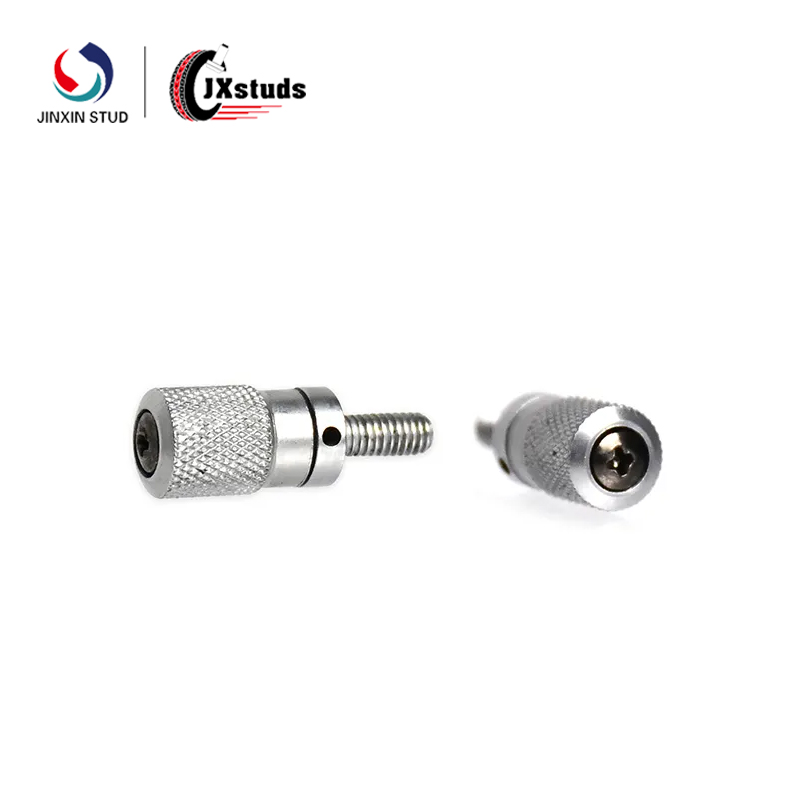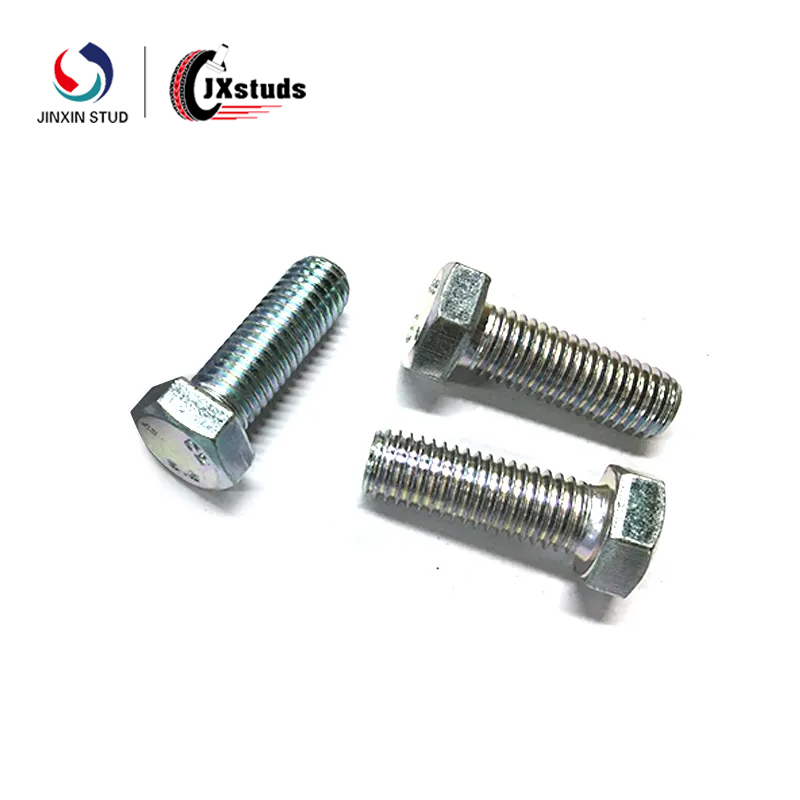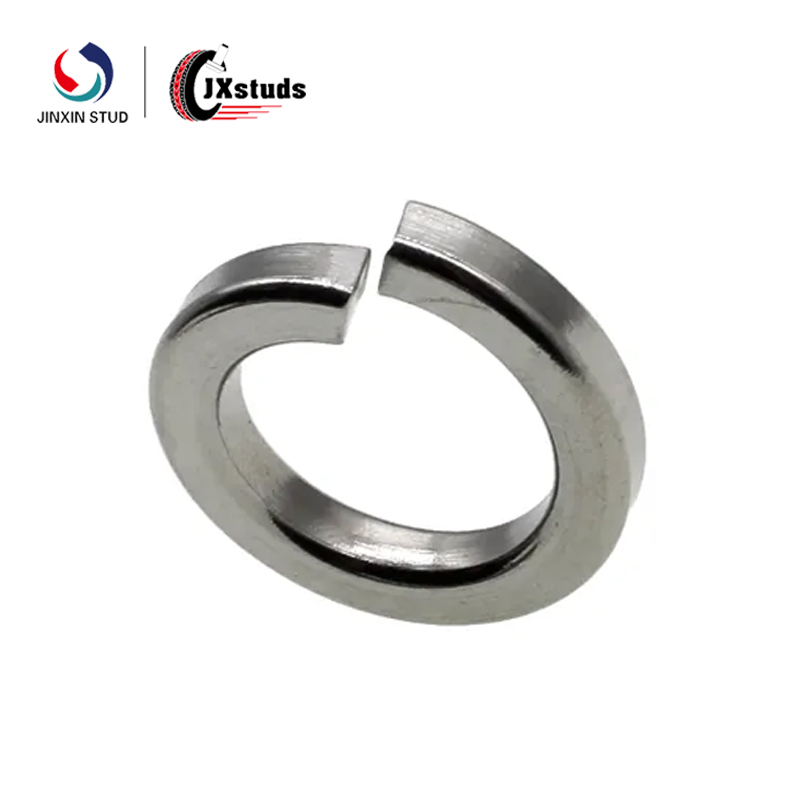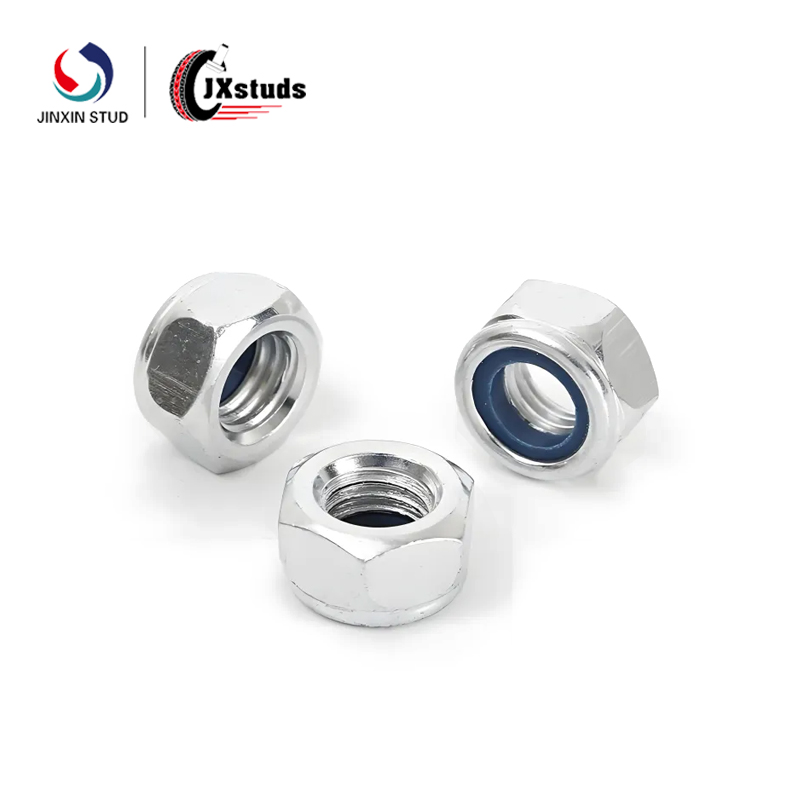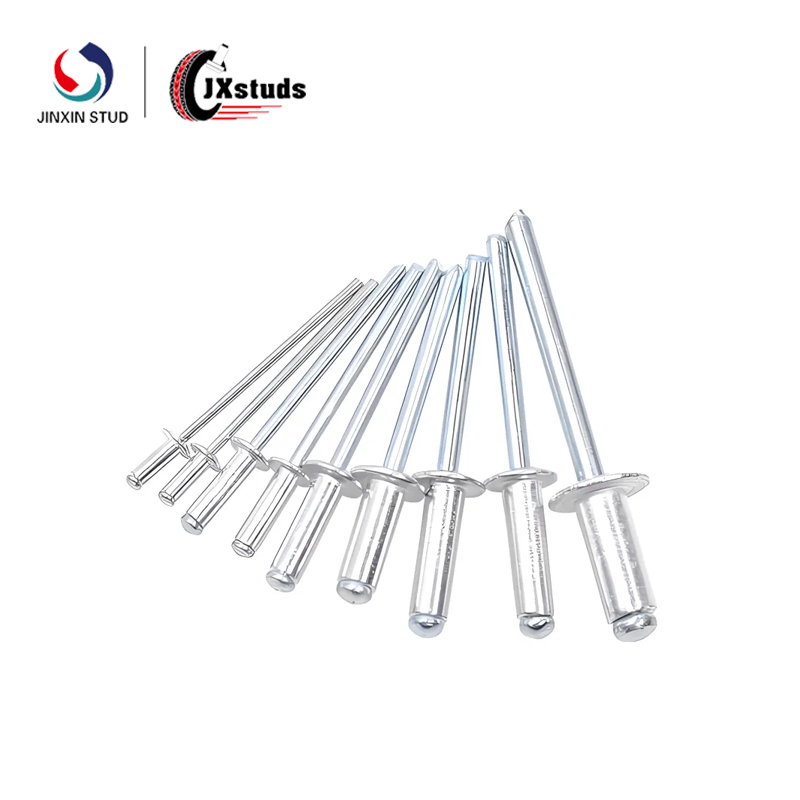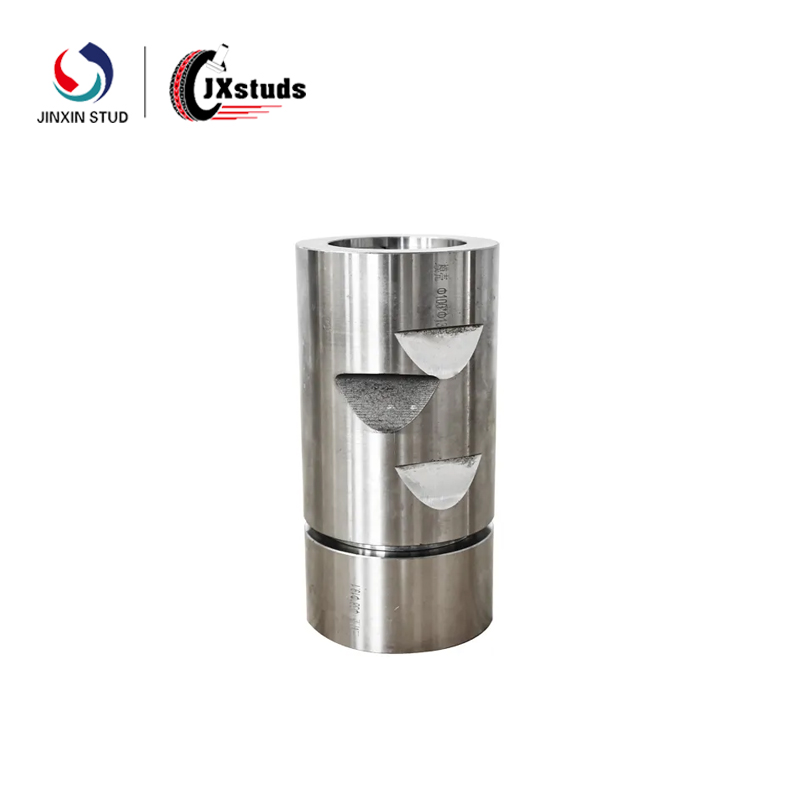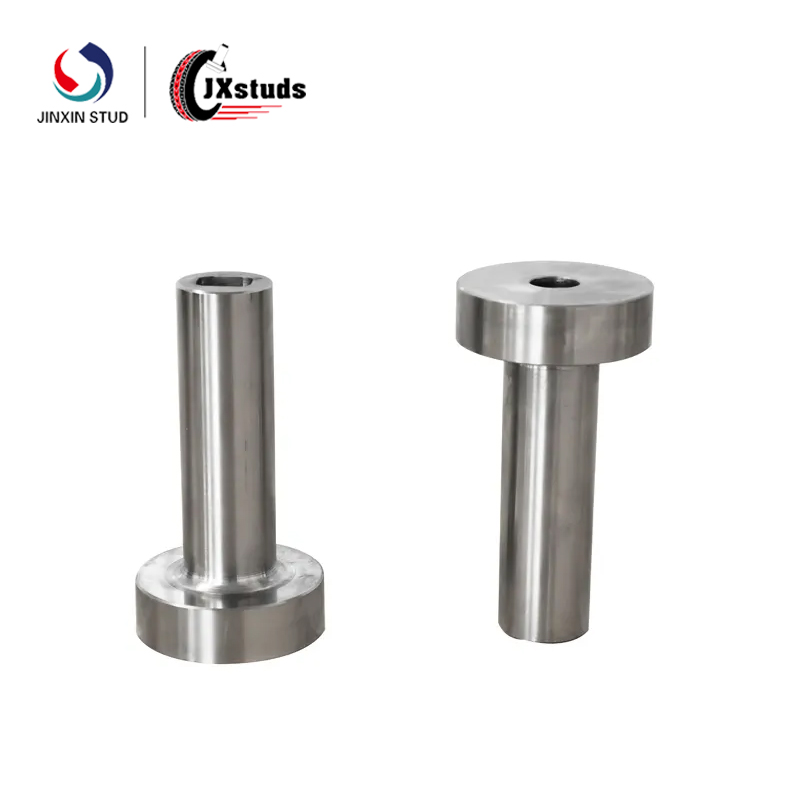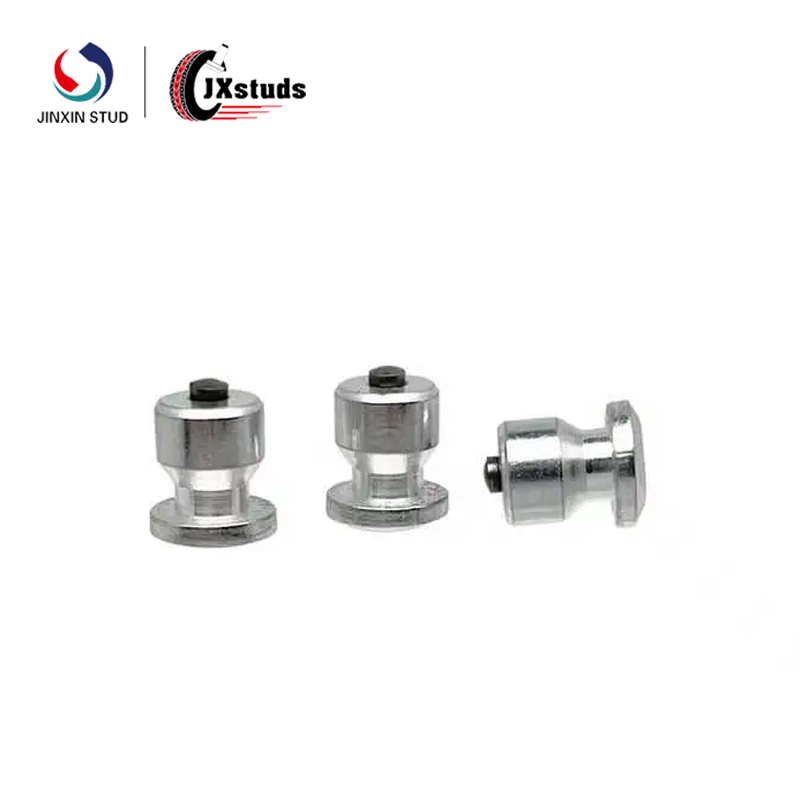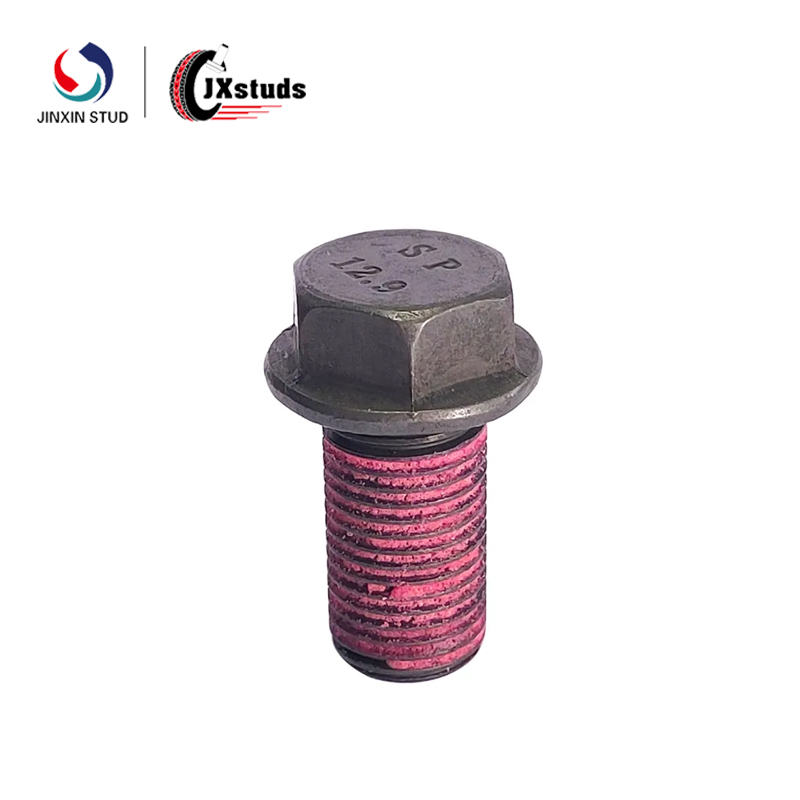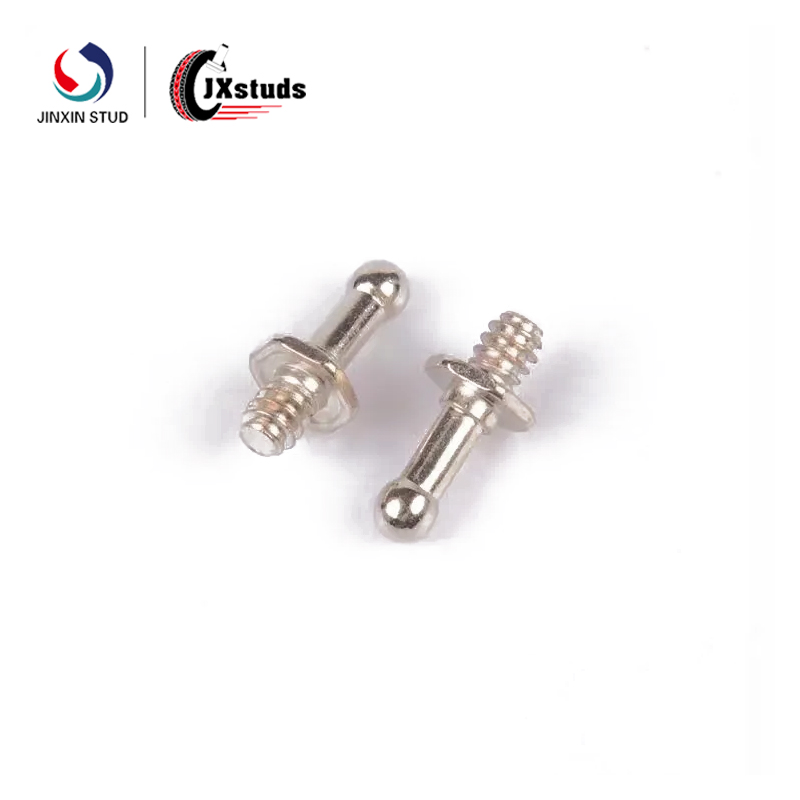Steel washers are common standard components used in mechanical assemblies, primarily made from carbon steel, stainless steel, and other steel materials. They are designed to improve the mechanical performance, sealing ability, and durability of bolt/nut connections.
When a bolt is tightened, a steel washer helps distribute the localized pressure from the bolt head or nut evenly across the surface of the connected parts. This prevents deformation or breakage caused by stress concentration at a single point.
Some types of steel washers—such as spring washers and lock washers—utilize elastic deformation or toothed structures to generate friction in vibrating environments, enhancing the anti-loosening effect of the bolted connection.
During bolt tightening, steel washers can also act as a barrier between metal bolts and softer connected materials (such as aluminum alloys or plastics), preventing surface scratches caused by direct contact with the bolt head.
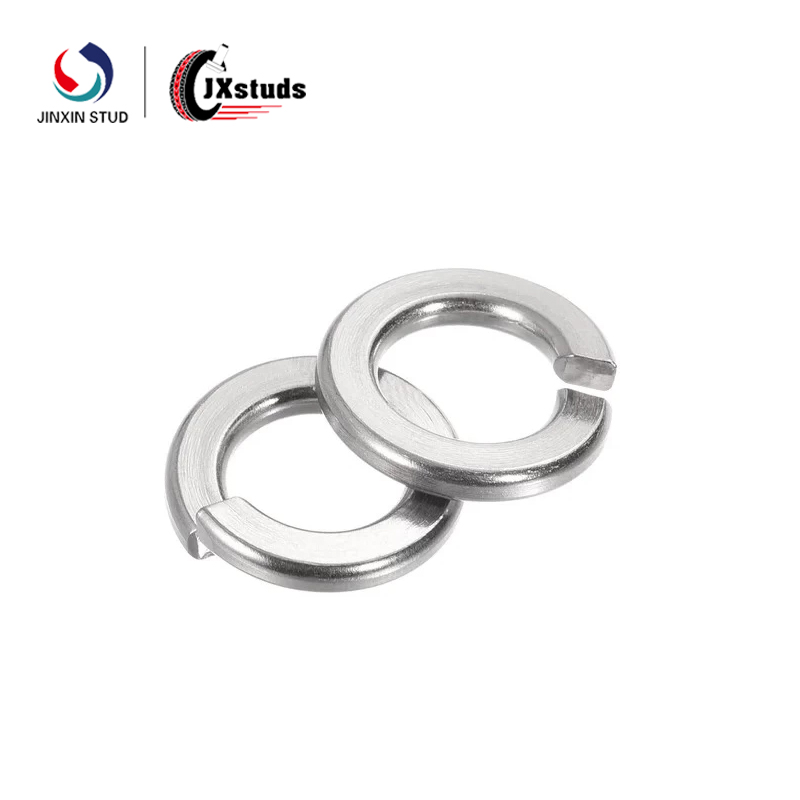
Smooth-surfaced steel washers (such as flat washers) help reduce friction during bolt rotation, making installation and removal easier.
Spring washers produce axial tension through elastic deformation, maintaining friction between the bolt and nut to resist loosening due to vibration.
Serrated washers have sharp teeth that embed into the surface of the connected part, creating a mechanical lock.
Tab washers feature bent tabs that lock onto the bolt or nut to provide a permanent anti-loosening solution.
For specific steel washer needs, feel free to contact the experts at Jinxin—we are here to serve you wholeheartedly.


